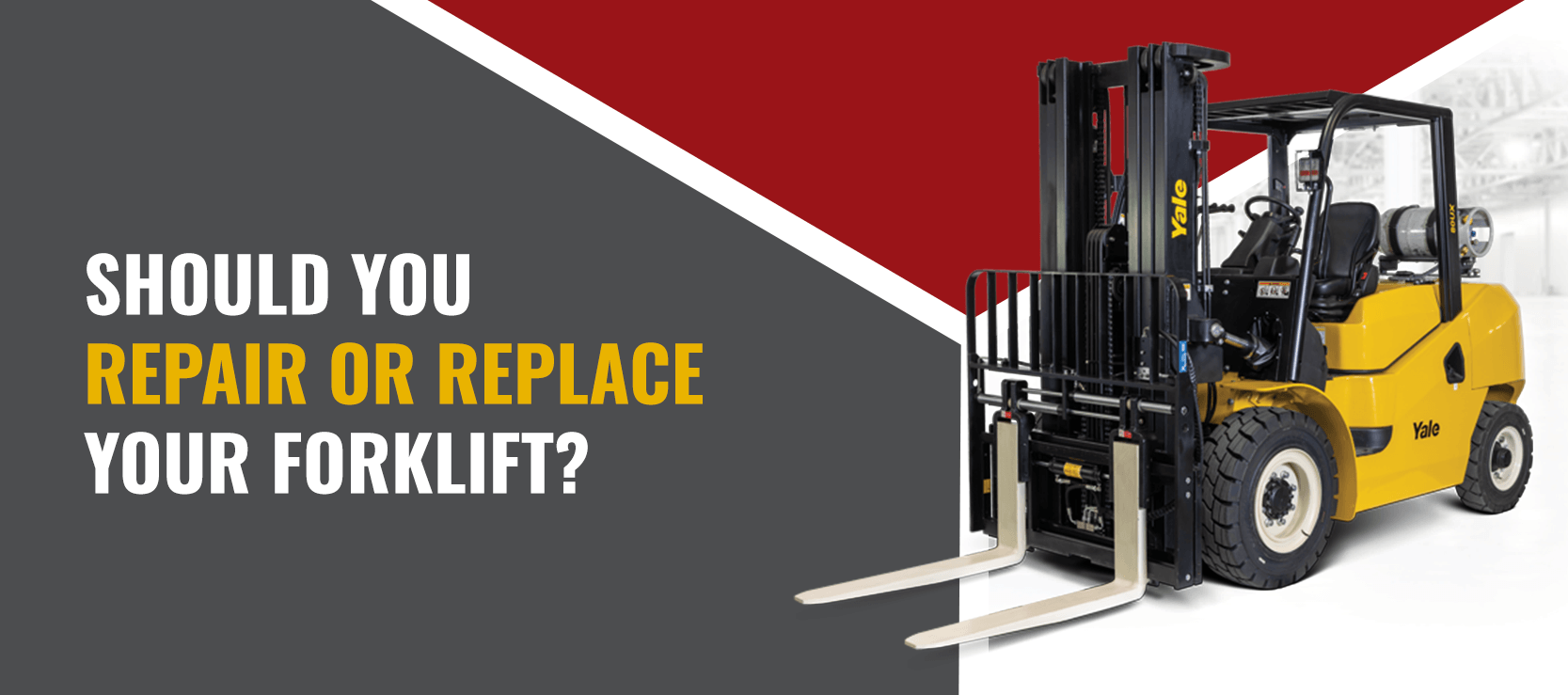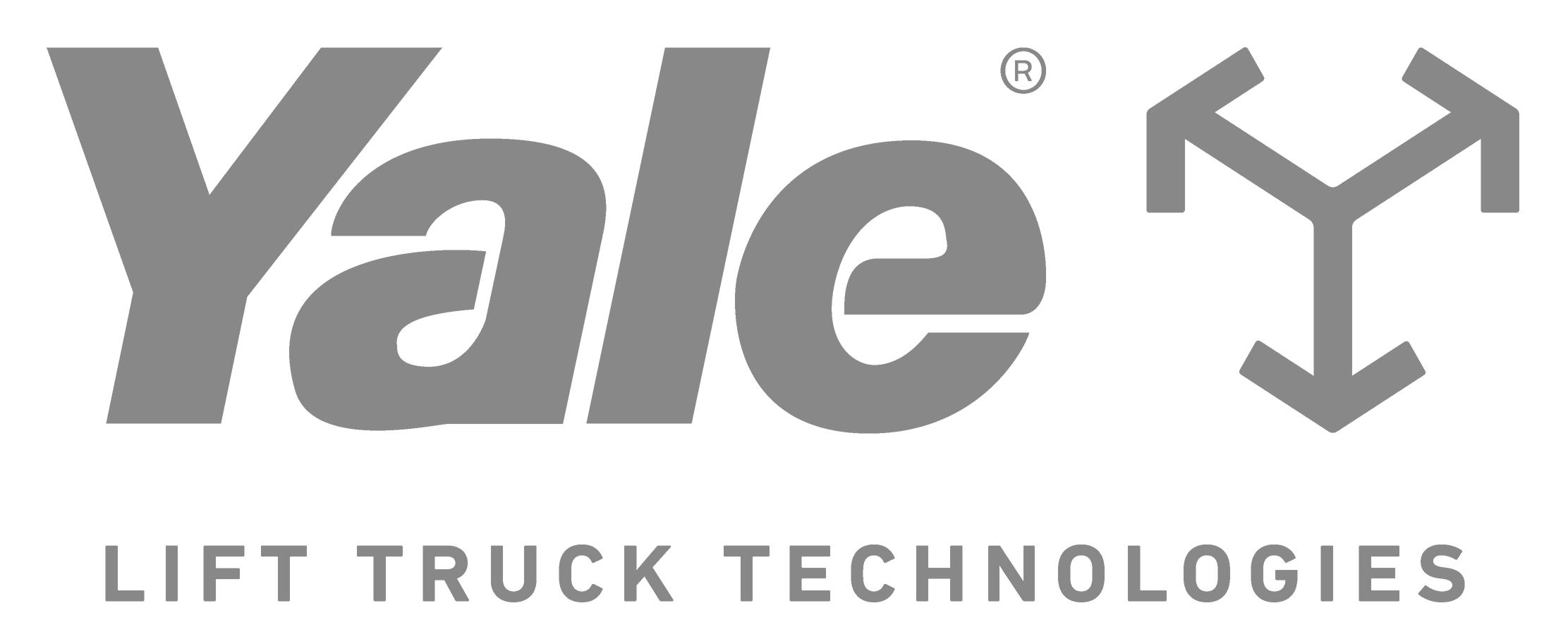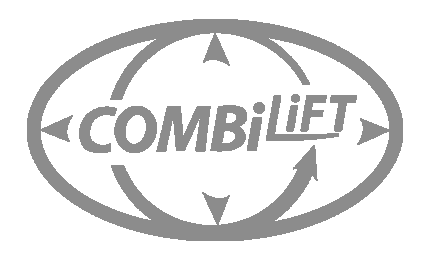
Forklifts are essential equipment, and some companies cannot operate without them. Keeping them in top shape is essential for continued operations, but issues can arise that require maintenance, repairs or replacement.
With over 4.5 million people using forklifts as part of their job, malfunctions pose a threat to many lives and can cause delays and unnecessary expenses. It can be difficult to determine whether you should repair or replace a forklift. Examine the key factors that will help you decide whether your forklift should be repaired or replaced.
The Cost of Forklift Repair vs. Replacement
While there is no flat rate for repairs or replacements, some general principles govern and affect the cost of each.
The most important thing to understand about forklift repair costs is that they are highly variable. A damaged mast will likely cost more to repair than a punctured tire, for instance. Fresh tires are typically easy to access and install. New mast components may need to be shipped to your location first, however, which can inflate costs. Labor rates will also vary, depending on who you partner with for repairs, and in some cases, you may even need to pay for additional repairs if new problems are discovered or if the new parts aren’t installed properly.
Replacing a forklift tends to be a more straightforward process, as you will have a clear sense of the price at the outset and will only have to pay once. That said, the price of new forklifts is often higher than the price of repairs. It also varies based on brand, load capacity and which features come standard with the forklift in question. A high-capacity pneumatic forklift, for instance, might cost more than your standard four-wheel electric forklift.
Investing in a replacement forklift may save your company money in the long term. A newer model will likely be more efficient than your current forklift, and it may even come with additional safety features and telematics to prevent accidents and make work more efficient. Purchasing a gently used forklift may also grant similar benefits at a reduced price point, allowing you to stay within budget while complying with the Occupational Safety and Health Administration (OSHA) forklift maintenance and safety guidelines and avoiding costly repairs.
Key Factors to Consider
Before committing to either repairing or replacing your forklift, you need to weigh the following:
- The age and condition of your forklift: Older forklifts accumulate wear and tear and are more prone to malfunctions. In the worst cases, these malfunctions can result in injuries to operators and those around them. Forklifts tend to measure lifespan in work hours, so check your forklift’s hour meter before deciding whether to repair or replace it. The higher yours is, the more likely it is that a replacement will be the smarter investment.
- Your forklift’s repair history: Understanding your forklift’s past can give you insights into its future, especially if you’ve kept detailed records of prior maintenance. These records can help you spot and address recurring issues while also informing your decision-making concerning the forklift’s future. If your forklift has been continually having the same malfunction for months despite repairs, it may be time to invest in a new one.
- How your forklift is used: Heavy loads can place a lot of strain on aging forklifts, especially if they’re the standard. They may gradually reduce forklift efficiency over time and lead to malfunctions or damage. If you’ve experienced a steady drop in performance that culminated in stop-gap repairs, you may want to consider a replacement. Your forklift should be able to handle the loads it’s carrying with ease, and a new one may do just that while increasing overall efficiency.
- The potential for technological advancements in a newer model: In some cases, a forklift replacement may be worth investing in for the technological upgrades alone, even if your current forklift hasn’t reached the end of its lifespan. Many newer models offer increased fuel efficiency, robust safety features and even telematics, which support Internet-of-Things (IoT) technology and warehouse management software. Together, these features can cut down on operational costs while increasing overall productivity.
When to Repair a Forklift
Investing in repairs often results in an extended forklift lifespan, but it’s not always easy to tell when those returns are starting to diminish. There are three main scenarios when repairs are your best course of action:
- When the repairs are small in scale, as smaller parts are often relatively inexpensive and easy to acquire.
- When the repairs are more cost-effective than purchasing a replacement, so long as the repairs significantly boost the forklift’s lifespan and won’t violate OSHA safety standards.
- When the repairs can be completed quickly and keep operations up and running without compromising on safety.
Safety and longevity should always be your top priorities when considering repairs. Situations where forklifts break down or malfunction can result in OSHA safety violations and worker injuries.
When to Replace a Forklift
Deciding whether or not to replace a forklift can be difficult. The cost of a new model alone can turn many warehouse managers off the idea, but the reality is that all forklifts need to be replaced eventually. It’s just a matter of knowing when that is.
You should replace your forklift if:
- It is consistently breaking down and racking up expensive repair bills.
- It is putting operators and others at risk by failing to comply with OSHA safety standards.
- It is not able to meet the demands of your business due to a decline in operational efficiency or strength.
- The benefits provided by the technology in a newer model make the investment worth it in the long term.
If you’re operating on a budget, you can also invest in used forklifts, which can often provide technological enhancements and a longer lifespan than your current forklift.
The Power of Preventive Maintenance
Whether you decide to repair or replace your forklift, your business should invest in preventive maintenance practices. These are techniques that can slow forklift depreciation and even reduce the number of repairs your forklift will need over its lifespan.
The most important of these practices is regularly servicing your fleet of forklifts. The professionals who carry out these inspections can identify developing issues in your machines, such as worn serpentine belts and rusted axles, and replace damaged or broken parts. Regularly scheduling forklift service appointments can keep you in touch with your forklifts’ health, extend their lifespans significantly and help you avoid downtime during the workday.
Regularly checking and changing your oil can also protect your machine’s health, as can adhering to OSHA standards for operation, storage and maintenance.
Repair or Replace Your Forklift With Bohl Equipment Co.
Bohl Equipment Co. has been in the material handling business since 1924, and our customer service team brings that experience to all of our clients. We offer a full range of high-quality Hyster and Yale forklifts, boasting some of the latest safety features, including blind spot cameras and proximity alarms. If you’re looking for repairs, our trained technicians have got you covered.
To learn more about our forklift services, fill out our contact form or call us at 888-694-1239.






